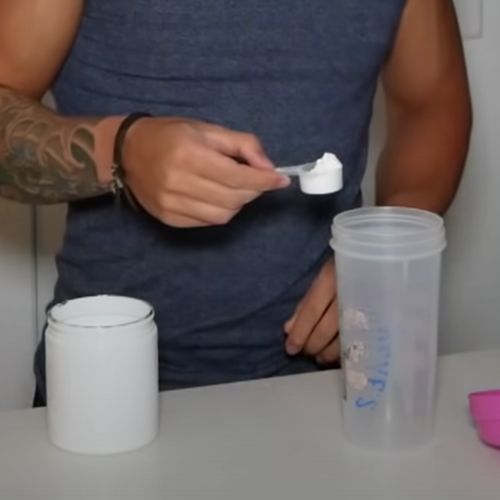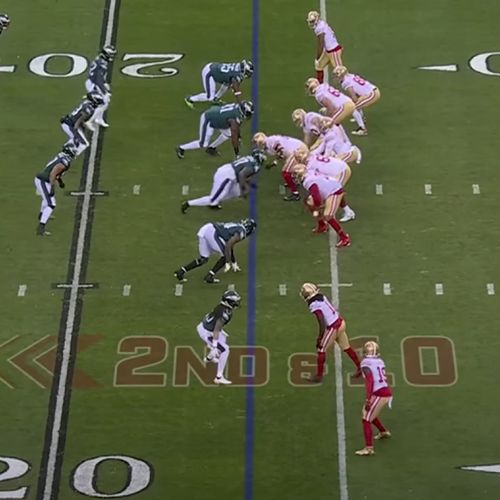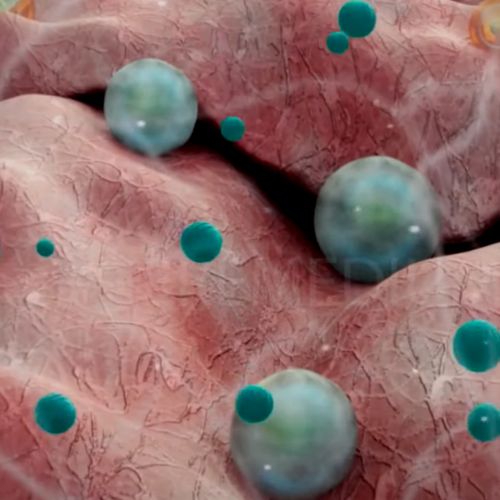Magnesium is one of the minerals I’m sure we’ve all glanced over on a nutrition label. Whether on the back of a box of cold cereal or a multivitamin, many people see it and assume they’re getting enough. But despite being absolutely essential for everything from energy production to muscle function, 48% of adults don’t get enough Magnesium from diet alone.
What does that have to do with testosterone? Turns out, quite a bit, actually. Magnesium not only boosts testosterone, but it’s effective across the board–for healthy athletes, average men who don’t get a lot of exercise, and especially for men as they age.
What You Need to Know:
Observing the Effect
In many cases, the first scientific hypotheses are developed from simply observing a phenomenon. When scientists are able to observe a large population with shared characteristics, they can start to make correlations. One such study, conducted with nearly 400 men, found a statistically strong correlation between magnesium intake and total testosterone and insulin-like growth factor (IGF-1).
What’s more, the researchers found that Magnesium was positively associated with hormone levels regardless of what other variables were taken out: overweight or healthy; smokers or nonsmokers; good diet, bad diet, it didn’t matter. More magnesium meant more testosterone.

IGF-1 Anyone looking for an edge in their diet and supplement routine should keep a sharp eye out for insulin-like growth factor, or IGF-1. This powerful protein acts like insulin in many cases, boosting sugar metabolism and even stimulating the production of more testosterone.
Watching the Effect in Action
Observational studies are fantastic, but we also like to see some side-by-side trials. Give one group of people a test variable (like Magnesium), and give another group a sugar pill. Then have them perform the same tasks, and see who has the better outcome.
In the first study like this I could find, researchers used university (American) football players and had them undergo the same fitness training for 8 weeks–one group taking a mineral supplement of zinc and magnesium, the other group taking a placebo. At the end, not only did the athletes taking magnesium have higher strength measures, but also higher testosterone.
The fact that young athletes had measurably higher testosterone with zinc and magnesium is a powerful note–these are people with already high testosterone. If Magnesium can move the needle for them, it should also for people with low T. (For more on the Zinc connections, see my article here on that essential nutrient.)

A second group of researchers set about to find out exactly that, and their results were the same. After a four-week trial of sedentary people taking Magnesium, martial artists taking Magnesium, and martial artists taking a placebo, the Magnesium groups had better Testosterone outcomes. (Of course, the athletes taking it had better results than the sedentary people, but that probably goes without saying.)
Mechanisms
The third leg of scientific rigor is when researchers can identify the actual way a variable is acting to effect the outcome. We can observe that cloudy days have more rain than clear days, but that doesn’t tell us how rain works.
This Holy Grail, if you will, was recently found by a team of researchers who were able to show how Magnesium helps attach Testosterone to our sex-hormone binding globulin (SHBG). I’ve written about this mechanism before, but for those who don’t know, an average of 70% of our testosterone is bound to SHBG, another 28-28% bound to other blood cells, and only 1-2% is “free,” or bioavailable.
And the SHBG bond tying up our testosterone is quite strongly. That’s where Magnesium comes in–it weakens the bond, making even our bound testosterone more bioavailable.
Interestingly, Magnesium in women actually lowers testosterone, especially if they’re at risk of Polycystic Ovary Syndrome (PCOS). This is because many cells metastasise into cancer when they interact with SHBG, and by weakening that bond, women’s bodies are able to shed that excess (and in their case dangerous) testosterone.

Bottom Line
All evidence supports the correlation between Magnesium intake and overall Testosterone. Both total and free T are boosted with this essential mineral. In addition, even the bound testosterone is actually more bioavailable with Mangesium supplementation. It’s no wonder we see Magnesium in the majority of well-researched T-Boosters.

